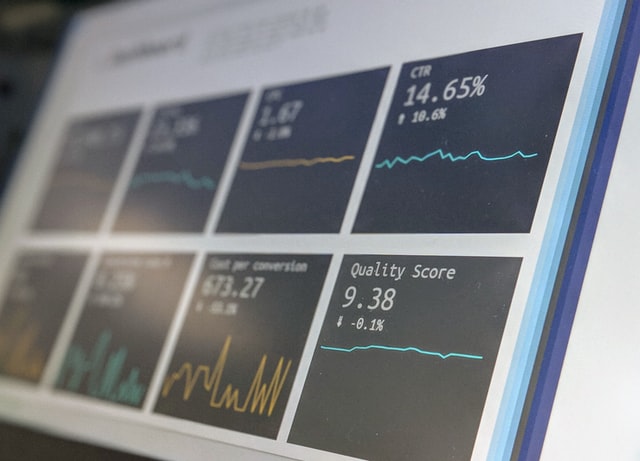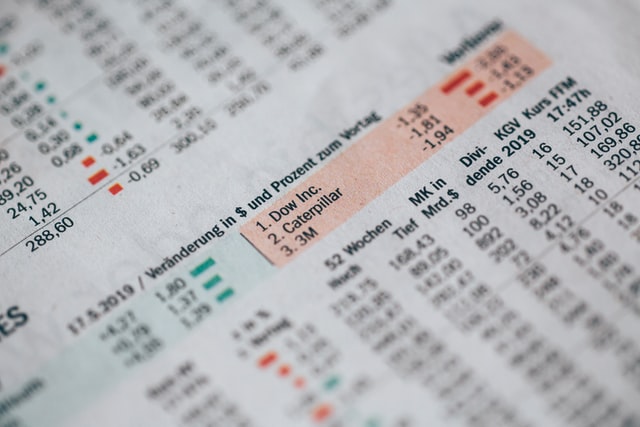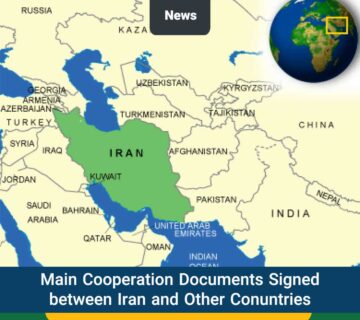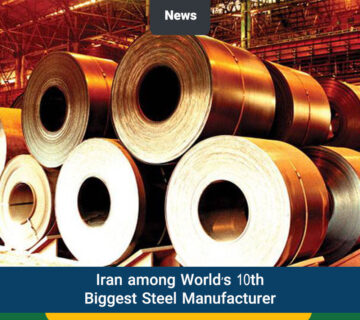In this article you will read:
Interpenetration of Foreign Investment Promotion and Protection Act of Iran (FIPPA)
After nearly 48 years, a new law on foreign investment in Iran under the name of “Foreign Investment Promotion and Protection Act” (FIPPA) was ratified by the Parliament in 2002. FIPPA replaced the Law for the “Attraction and Protection of Foreign Investment” which was in effect since 1955. FIPPA’s replacement of LAPFI has further enhanced the legal framework and operational environment for foreign investors in Iran. In this section we analyze Articles of FIPPA from the legal and practical point of view.
Esk Law firm Services
Foreign Investment Law
The Scope of the Law
The benefits and privileges provided in the law only include foreign investment with specified conditions, objectives and effects. Therefore, it does not include other titles such as loan, finance, borrowing, etc.
“Foreign Investor: Non-Iranian natural and/or juridical persons or Iranians using capital with foreign origin, who have obtained the Investment License referred to in Article (6).”
Foreign Origin
The purpose of the phrase “foreign origin” in the second paragraph of Article 1 of FIPPA is that, the acquisition of “capital” should be outside of territory of the Islamic Republic of Iran.
So the process of creation, production and acquisition of “capital” must have been out of the country for the first time, the only exception is “transferable dividend of Foreign Investment”.
According clause “H” of article 1 of the FIPPA, the “transferable dividend of Foreign Investment, is a benefit that investor has been obtained from investing in a project in Iran and instead of removing it from the country, he can either allocates it to the same company or invest in new ones.
In this case, the investor does not need to withdraw his capital from Iran and reinvest it again for fulfill the condition of “Foreign Origin”. Therefore, such capital will be covered by law without the need to prove entry as a foreign capital.
Foreign Capital: Various types of capital, whether in cash and/or non-cash (in kind), imported into the Country by the Foreign Investor, and comprising the following:
A) Cash funds in the form of convertible currency, imported into the Country through the banking system or other methods of transfer acceptable to the Central Bank of the Islamic Republic of Iran.

Cash Capital
According article 7 of the Iran’s Monetary and Banking Law, not all currencies are tradable. Therefore, currencies are divided into two categories, convertible currencies (tradable) and non-convertible currencies (non-tradable)
According circular to the Central Bank of the Islamic Republic of Iran about convertible currencies:
“Convertible currencies (tradable) include: Euro, British Pound, US Dollar, Japanese Yen, Swiss Franc, UAE Dirham, Saudi Rial, Canadian Dollar and Bahrain Dinar.”
According Note 1: Trading all world currencies is allowed and other currencies are allowed if they are used by a bank. Some of these currencies include the Australian dollar, the Danish krone and the Swedish krona.

Exchange Rates
In the Iranian market, there are two currency exchange rates: Free rate and official rate, the free rate is a common rate among the general public and people use it in transactions.
The official rate offered by the government for competition with the free market and the government sells foreign currency through its operating banks. However, it is not available to the general public and only used for specific governmental projects.
It is said that the Central Bank of the Islamic Republic of Iran, in order to reform the financial system of the country, in the near future, will implement the policy of unification of foreign currency exchange rate.

Transfer of Funds
In addition to the possibility of transferring foreign currency through the banking system, the foreign investor is able to use other means of money transferring which are approved by the central bank, such as currency exchange offices.
Currency Transfers through Passengers: In accordance with the Central Bank’s regulations, foreign currencies entry into the country is permitted in any form by foreigners, only bringing of more than 10,000 dollars must be declared upon arrival.
Currency Transfers through Passengers: In accordance with the Central Bank’s regulations, foreign currency is allowed to enter the country in banknotes in any amount by an Iranian passenger or a foreigner, only the arrival of more than 10,000 dollars must be completed at the entrance and the currency declaration is completed.
Several foreign banks from different countries, such as Austria, Russia, China, Ukraine, etc., are seeking branch opening in Iran, and some of them already have branches in Iran.
B) Machinery and equipment;

oncash Capital
According to section (b) of article (1) of FIPPA, a type of non-cash capital that may be brought by a foreign investor into the country is machinery and equipment.
In some industries of Iran, the public sector provides specific terms and conditions for foreign investment, that include the terms for purchasing, operating, and using special machines and equipment that are made by certain manufacturers specified in “Vendor List”.
Machinery and equipment that are fully assembled and imported in CBU for domestic sales will not be subject to this law.
C) Tools and spares, CKD parts and raw, addable and auxiliary materials;
It seems, the reason for the separation of machinery and equipment from tools and spare parts is difference in custom duties.Tools and spares CKD parts and raw, addable and auxiliary materials; are other capital items which are referred to in clause (3-1) of article (1) of FIPPA.
A regulation of Customs Affairs of Iran states: “The Islamic Republic of Iran Customs Office is required to appraise second hand machinery and equipment concerning Foreign Investments on the basis of their second hand price” (Note 2 Article 21 of the by-law)
While all the goods that are imported shall be assessed as new products in Customs Administration, only machineries and equipment which are used in production lines and imported into the country would be assessed at their real price (would be assessed as second hand products).
However, the items mentioned in this section “C” of FIPPA, i.e. Tools and spares, CKD parts and raw, addable and auxiliary materials, Customs Administration is not bound by such obligation and these items could only be imported as new products.
Our team is composed of highly skilled and versatile lawyers who combine practical experience and academic knowledge of their field. Most of our practitioners have worked in different professional environments, often outside their home jurisdiction.





No comment